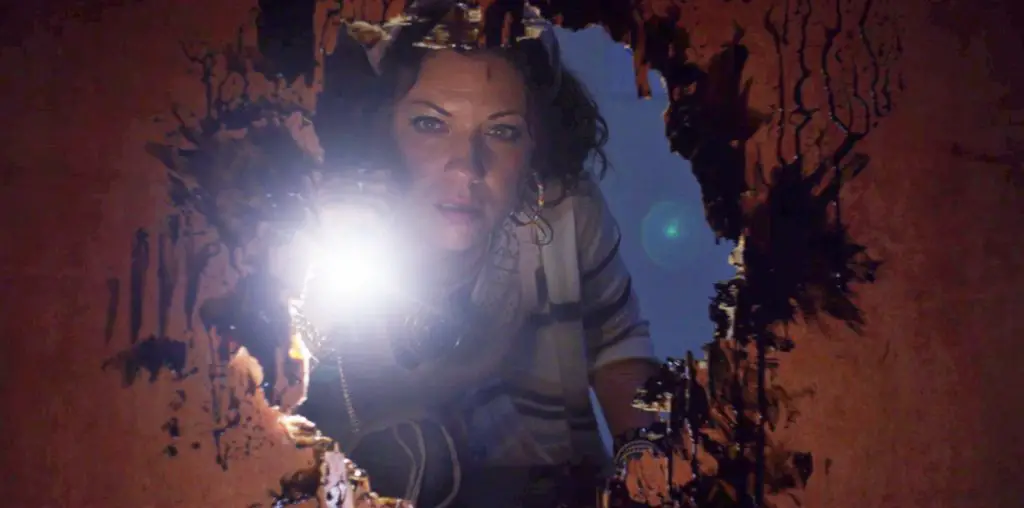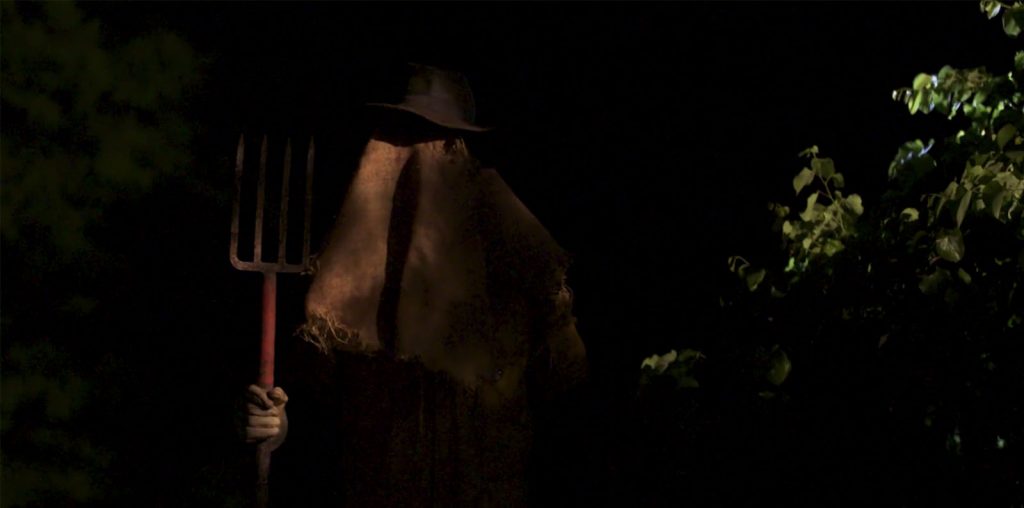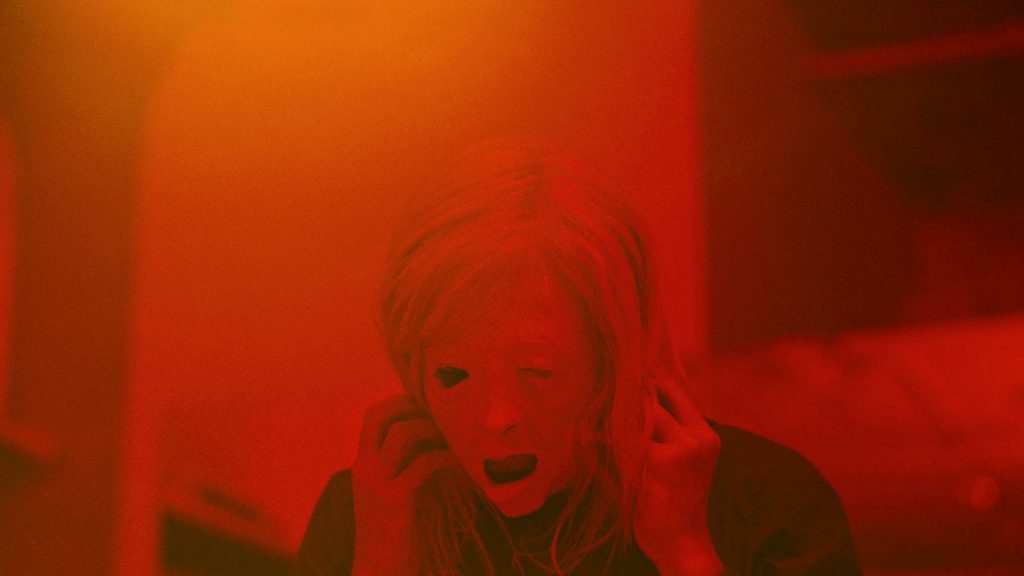
In addition to scaring audiences by means of supernatural or slasher rage, a horror film can attempt to be socially or politically consequential. Just look at how Jayro Bustamante’s latest horror film, La Llorona, incorporated a real-life Guatemala tragedy while concomitantly exercising the folklore behind La Llorona to vivify the victims’ shared trauma.
While occasionally hinging on genre conventions, such as abrupt jump scares and heightened sound design, horror is a flexible genre that can hauntingly underscore a societal or primal concern. Orcun Behram’s The Antenna is a dystopian horror film that magnifies our fears of governmental censorship and controlled media through visual symbolism and body horror (borrowing from David Cronenberg’s playbook).
Set in a nameless Turkish city at an unspecified time and date, identical apartment buildings and corroded rocks make up the scenery. Living in these buildings are a bunch of repressed, submissive, and unsure residents who are recently threatened by government propaganda. The first inhabitant we meet is a superintendent of a squalid apartment complex named Mehmet (Ihsan Önal), who learns via radio that the government is enforcing one TV channel to oversee the outpour of information.
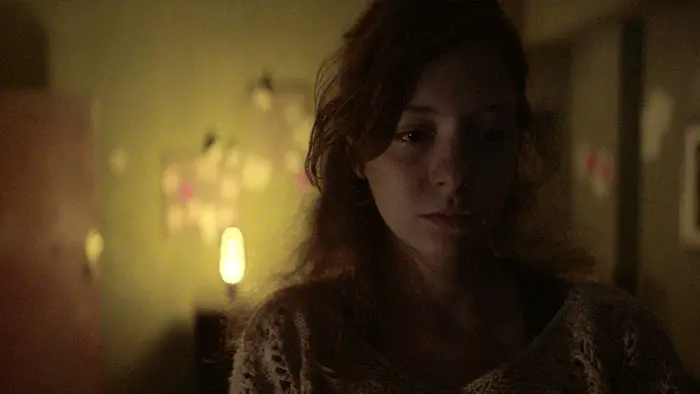
“…learns via radio that the government is enforcing one TV channel to oversee the outpour of information.”
Mehmet’s stubborn boss, Cihan (Levent Ünsal), wants the antenna installed at the apartment complex at the time of the launch. But suspicion is quickly brewing when the serviceman falls to his death while setting up the antenna. What follows this suspicious incident are more sinister incidents that point to malfunction (or malice) of the antenna and its prospective transmission of government-sanctioned media. The antenna begins oozing an inky, gooey substance, which infiltrates the plumbing system and seeps through the building’s walls and ceilings’ cracks until infecting a human host. Once infected, the unsuspecting occupants lose themselves.
Despite alluding to unimaginable horror after the channel’s initiation, the film takes its time to introduce other building residents. Firat (Enis Yildiz) is a dominating father who lives with his demure wife and their adult daughter, Yasemin (Gül Arici). Cemile (Elif Cakman) is a single woman who’s insecure about the way she looks. Other than a few instances of the gooey substance exposing a couple of hosts, the first hour is temptingly restrained and ominous.
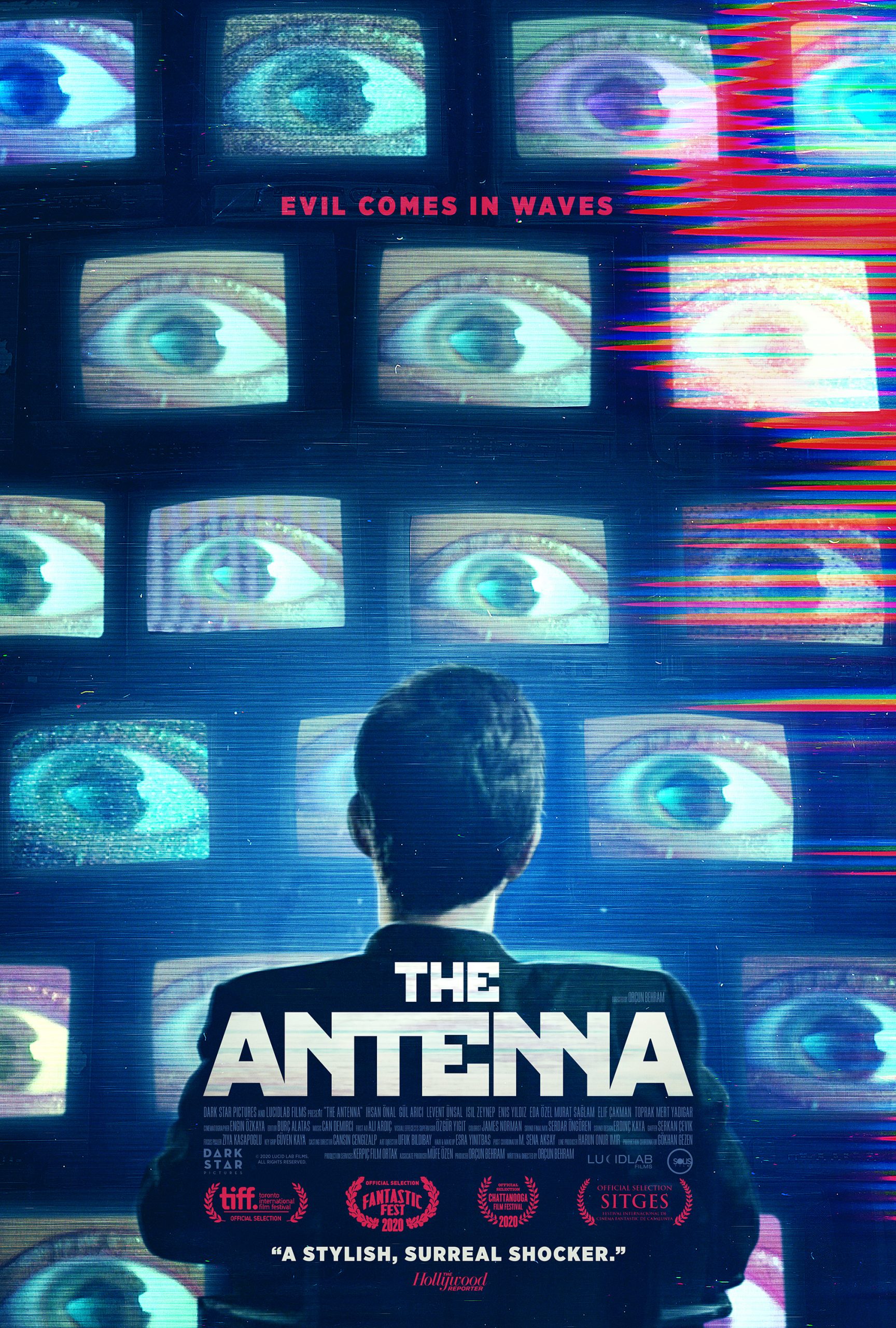
"…magnifies our fears of governmental censorship and controlled media..."
